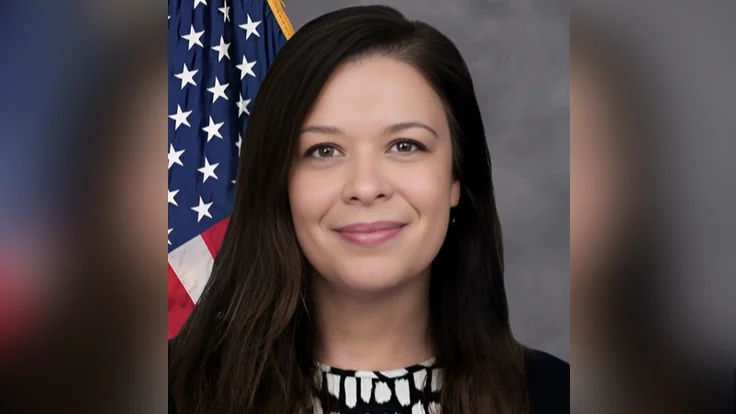Rex Tillerson, the former CEO of ExxonMobil and current U.S. Secretary of State, recently participated in a rare interview with Margaret Brennan of CBS's "60 Minutes." During the discussion, Tillerson acknowledged his unconventional appointment due to his lack of prior government experience but highlighted his extensive international dealings as a corporate leader.
In the interview, Tillerson addressed concerns about North Korea's nuclear capabilities following a statement by Kim Jong-un claiming that the U.S. mainland is within their strike range. "It does make us nervous," he said, emphasizing that such threats only strengthen U.S. resolve. He stressed the importance of diplomacy and collaboration with China to exert economic pressure on North Korea while acknowledging military options remain if diplomatic efforts fail.
Tillerson confirmed that initial discussions with North Korea might involve one-on-one talks but emphasized China's crucial role in any negotiations. "We’re not using a carrot to convince them to talk," he stated, referring to the ongoing pressure campaign against North Korea.
The conversation also touched upon Tillerson's relationship with President Trump and differences in communication styles. Despite occasional public disagreements, Tillerson noted that policy changes are always clarified directly with the President.
Tillerson defended his tenure at the State Department amidst criticisms of budget cuts and unfilled ambassadorial positions, asserting that foreign policy objectives continue to be met through interim appointments.
On relations with Russia, Tillerson discussed longstanding ties with Vladimir Putin from his time at ExxonMobil but underscored his commitment to representing American interests as Secretary of State. He acknowledged challenges in dealing with Russia over issues like chemical weapons use in Syria and sanctions enforcement.
Throughout the interview, Tillerson reflected on personal values shaped by his upbringing and career experiences, including adherence to what he described as the "Code of the West." He concluded by reaffirming his dedication to serving under President Trump despite speculation about his position: "My word is my bond. I ride for this brand."

